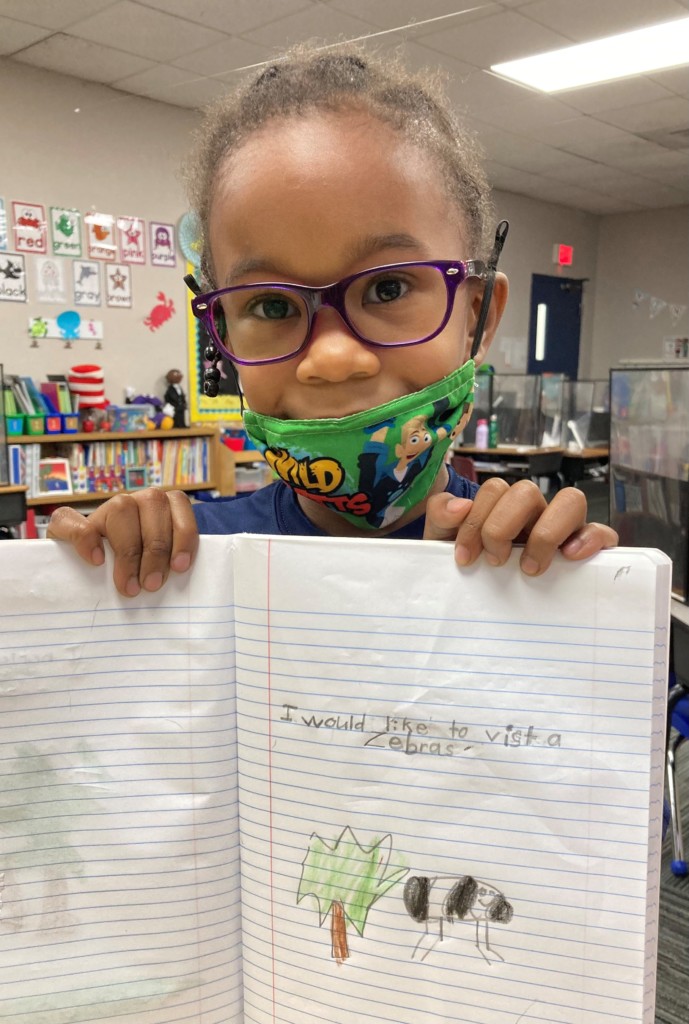
If you’re persuaded by strong evidence that a content-rich curriculum is the best way to bolster reading comprehension and propel students to higher levels of academic success, then there is encouraging news coming out of the private school sector in Florida.
As the new school year begins, at least 30 Florida private schools serving thousands of disadvantaged students are transitioning to a content-rich curriculum in English language arts.
“We’ve gone into this fully and completely. We’re convicted in our hearts … that this approach will allow our students to mine deeper into the richness of the world they live in,” said Frank Runnels, superintendent of the Florida Conference of Seventh-day Adventists.
Nineteen schools in the Florida Conference will begin using the K-8 ELA curriculum Wit & Wisdom. So will six schools in the Diocese of St. Petersburg and a handful of other private schools around the state, including LiFT Academy, which serves more than 130 K-12 students with special needs.
Most if not all of the schools making this switch enroll high numbers of students using state school choice scholarships, either for families of modest means, or families of students with special needs, or both.
Two other Seventh-day Adventist schools in Florida began using Wit & Wisdom last year as part of an ongoing pilot project. Led by Step Up For Students (which hosts this blog) and guided by research from the Johns Hopkins University Institute for Education Policy, the pilot aims to show what results when schools focus on culture and curriculum.
The pandemic clearly complicated things, but all five pilot schools reported students enthusiastically engaging with more rigorous content. With the new curriculum, students “have taken more ownership in their learning,” Shakelia Henderson, principal of one of the pilot schools, Alpha Learning Academy in Orlando, told redefinED in June. “They are more engaged in discussions; the discussions are more enriched than what I’ve observed before. The level of critical thinking has gone through the roof.”
A content-rich curriculum (and to be sure, Wit & Wisdom isn’t the only one out there) rolls history, art, science and other subjects into reading, writing, speaking and listening. Compelling research shows reading skill is strengthened with this sequenced, deliberate approach to knowledge acquisition, yet schools across America continue to approach reading comprehension as a set of skills apart from academic content.
Fans of a content-rich curriculum also applaud another fundamental feature – a view that students deemed “below grade level” should also be discussing challenging content rather than being assigned less rigorous material that may keep them from catching up. As literacy researcher Alfred Tatum has said, “Leveled texts lead to leveled lives.”
Here and there, schools both public and private are straying from the pack – and finding success.
One of the schools in the Diocese of St. Petersburg, St. Stephen Catholic School near Tampa, began a phase-in to Wit & Wisdom on its own three years ago. Two thirds of the students at St. Stephen are Black or Hispanic. Forty percent use choice scholarships. Since the transition, the percentage of students reading at or above grade level has risen from 69% to 84%.
Mark Majeski, associate superintendent of the diocese, said those results – and teacher testimony about students joyfully immersed in more challenging subject matter – helped persuade other schools in the diocese to give it a shot. Several of those schools serve predominantly low-income students of color.
“We have kids who have never been to a museum, who have never been exposed to art,” Majeski said. “So, our goal in this (switch to a content-rich curriculum) is to not only raise achievement levels, but more importantly to enrich their minds.”
“The world is changing fast. The old basal readers are not meeting the needs of students today,” Majeski continued. “We’re really talking about the integration of subject matter and how important that is for meta-cognition.”
Over at LiFT Academy, executive director Shawn Naugle said the decision to move to a different curriculum “was a really easy choice.” The school wanted a curriculum that was evidence based, coupled with excellent lessons plans, and complemented with well-thought-out supports for students with special needs. The new curriculum offers all of that.
“It’s important for our students to have that same level of challenging academics as other students,” Naugle said. “We want our students to have the best because they deserve the best.”


